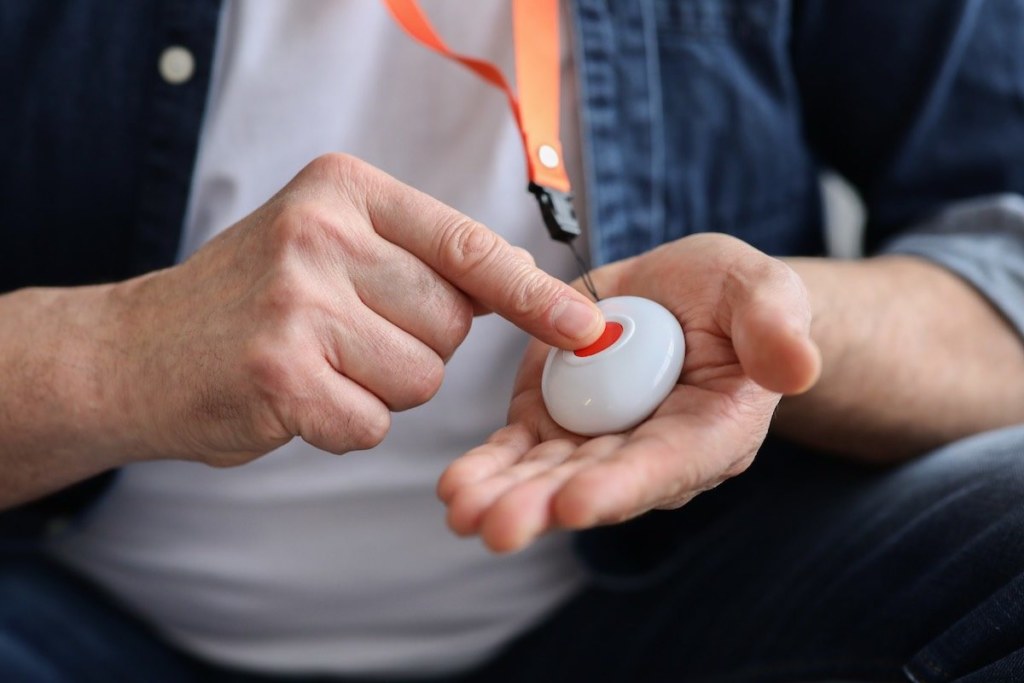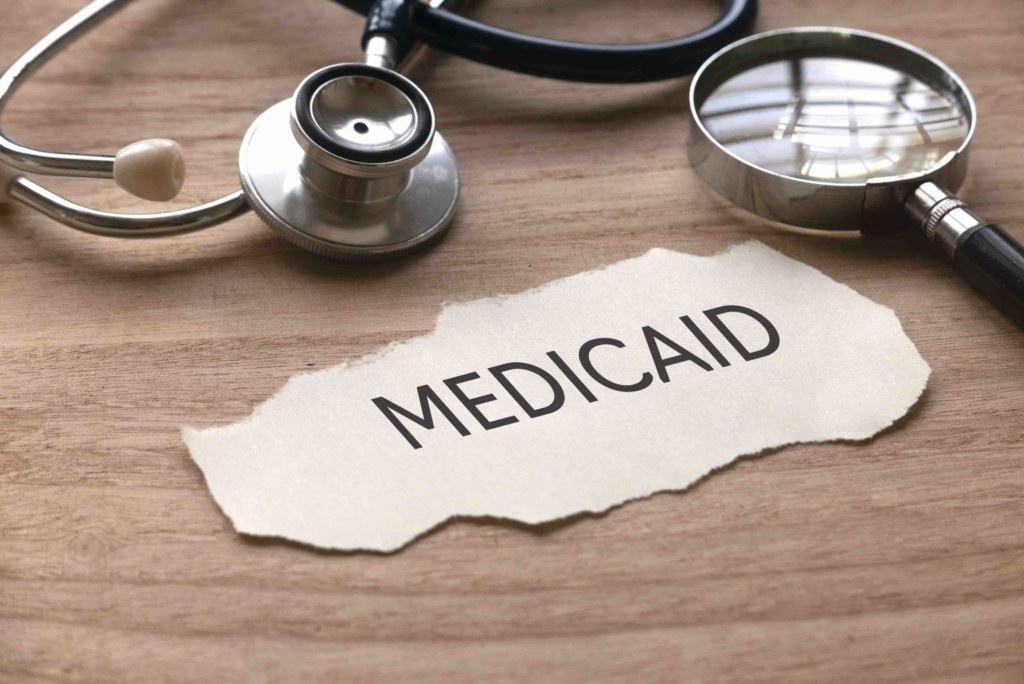Free Medical Alert Systems: What You Need To Know
A medical alert system can help put your mind at ease, whether it’s purchased for yourself or for a loved one. However, many medical alert systems come with recurring monthly costs and other fees for things like activation and installation that can make them unaffordable for some.
Unfortunately, there’s a lot of confusion about insurance coverage for these types of devices. People assume that the devices are automatically covered because medical alert systems are medically-adjacent. However, original Medicare doesn’t cover the cost of these systems.
Thankfully, options still exist for people seeking free or low-cost medical alert systems. Because coverage depends on your insurance provider and the state where you live, you’ll need to do some legwork to get information about possible coverage for medical alert systems.
How to Get a Free Medical Alert System
Here are a few ideas to consider if you’re wanting a free or low-cost medical alert system.
Contact Your Insurance Provider

If you have private health insurance, your first step should be to contact your provider to ask about coverage for medical alert systems.
It’s always a good idea to contact your insurer before you make any purchases. Many providers have specific claim requirements, and you may need authorization or approval to confirm the coverage amount. Buying your system before getting approval may nullify any potential reimbursement.
Also, many private insurers don’t provide coverage for medical alert systems. Regarding this issue, Lindsay Malzone, Medicare expert at Medigap, said, “A few do, but it’s not common.”
Long-term care insurance is your best bet for getting coverage for this type of device coverage–and coverage for other care needs–as you get older.
Standout box: In Michigan, people with auto no-fault insurance are covered for personal emergency response systems (PERS) in the event they become victims of a car accident. However, the coverage doesn’t apply to other situations, like ongoing home care unrelated to a car accident. Other states may also have this type of coverage tied to auto insurance. Still, again, it won’t help you with medical alert system coverage that’s unrelated to post-car accident care.
Medicare

Medicare is a federal insurance program that provides coverage to people age 65 or over, young disabled people, and people on dialysis.
There’s a lot of confusion about Medicare coverage, which Malzone explained is partly because people confuse Medicare with Medicaid. Original Medicare, which is a comprised of Part A and Part B, doesn’t provide coverage for medical alert systems.
Malzone further explained that people may assume that medical alert systems are covered because they fall under the category of durable medical equipment. However, while Medicare Part B covers durable medical equipment, medical alert systems are not covered as medical devices.
Because medical alert systems aren’t diagnostic or treatment devices, Medicare doesn’t typically offer coverage for them.
Some Part C plans, also known as Medicare Advantage plans, may offer coverage for medical alert systems. These plans are offered by Medicare-approved private insurers.
However, Part C plans vary from state to state, so it’s crucial to get in touch with your plan administrator and confirm if you have coverage. It’s also uncommon for Part C plans to cover these types of devices.
“Be very cautious if you are told or hear that Medicare Advantage plans may cover the costs of medical alert devices. Yes, Medicare Advantage plans offer additional benefits that Original Medicare doesn’t, but it’s very limited,” Malzone explained.
Here’s a quick breakdown of Medicare coverage areas:







